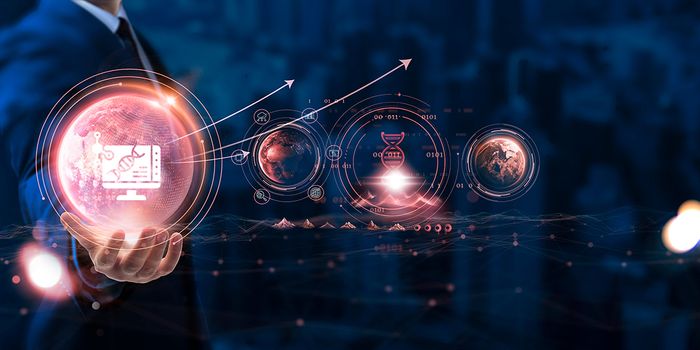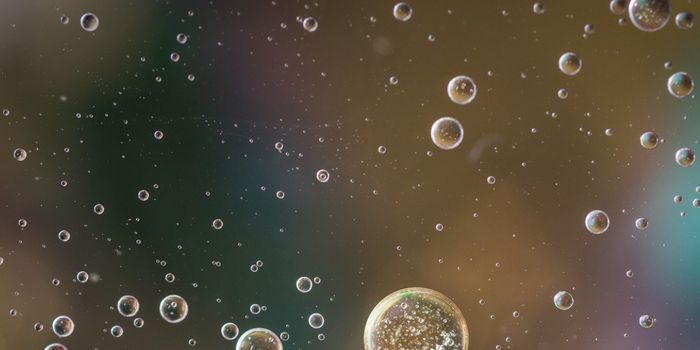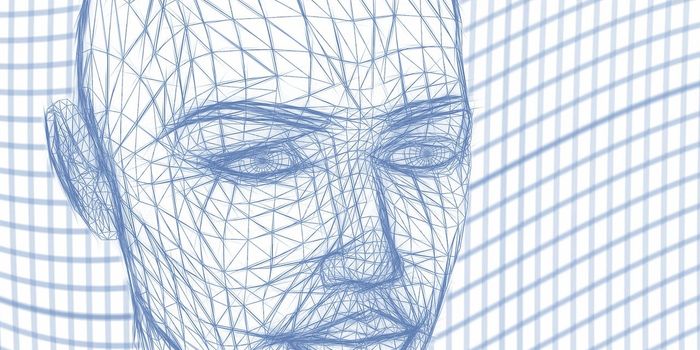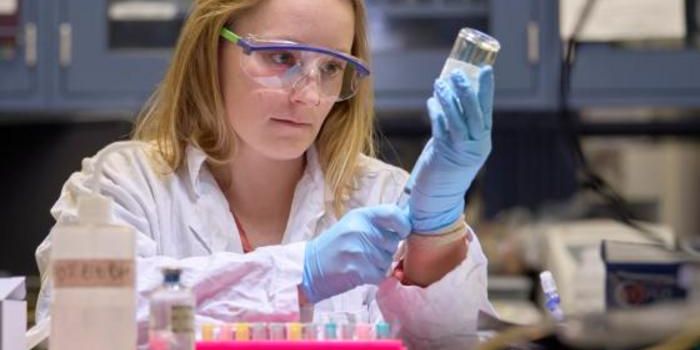Is Our Gut Microbiome Affecting Our Decision Making?
The trillions of microbes in the human gastrointestinal tract have a variety of important roles, and can affect us in many ways. These microbes can generate bioactive compounds that have different impacts; some can even influence the brain in a connection known as the gut-brain axis. A study has now even suggested that our gut microbes could be affecting how we make decisions, and our perceptions of fairness. The findings have been reported in PNAS Nexus.
The gut microbiome has been associated with changes in and states of mood and behavior, such as anxiety, depression, stress, and cognition. Many of these studies have been performed in mouse models, because their gut microbiomes can be engineered. There are 'germ-free' mice without gut microbes, and researchers can introduce specific strains to determine the impacts. Germ-free mice have been shown to have difficulties with social interactions, for example. Children with autism have also been shown to have aberrant changes, or dysbiosis, in their gut microbiomes. But there is still much more to learn about how the gut microbiome is linked to behavior.
"The available data suggests that the intestinal ecosystem communicates with the central nervous system via various pathways, including the vagus nerve. It might also use biochemical signals that trigger the release of neurotransmitters, such as dopamine and serotonin, which are essential for proper brain function," suggested senior study author Hilke Plassmann of the Paris Brain Institute and Sorbonne University, among other appointments.
In this study, the researchers recruited volunteers who performed behavioral tests including one known as the ultimatum game. In this game, a player is given money that must then be split with another player, either fairly or not; the other player can decline the offer if they don't think it is good enough, in which case neither player gets any money. This refusal is referred to as 'altruistic punishment,' where the second player's principle of equality overrides the desire for a monetary reward. Researchers sometimes use this game as a measure of a person's sensitivity to fairness.
There were 101 study volunteers, and half of them took probiotic and prebiotic supplements to enhance their gut microbiomes for 51 weeks, while the other half took a placebo. There were two sessions of the ultimatum game at the start and end of the 51-week supplementation period.
The research showed that people who consumed pre- and probiotic supplements were more likely to refuse offers in the game, even when there were only slight imbalances in the split of the monetary reward. However, the people who took a placebo behaved in similar ways at the start and end of the study period.
Those supplements were also shown to have an effect on the gut microbiomes of those who consumed them; people who had the largest imbalances in their gut microbiomes between the two dominant gut flora species - Firmicutes and Bacteroidetes - had the greatest change in gut microbiome composition after they took supplements. These individuals also had the highest sensitivity levels during the fairness tests. Further work revealed that there were also significant declines in tyrosine levels in these sensitive people. Tyrosine is a precursor to dopamine, which is a neurotransmitter that's related to reward pathways in the brain.
"It's too early to say that gut bacteria can make us less rational and more receptive to social considerations," cautioned Plassmann. "However, these new results clarify which biological pathways we must look at. The prospect of modulating the gut microbiota through diet to positively influence decision-making is fascinating. We need to explore this avenue very carefully."
Sources: Paris Brain Institute, PNAS Nexus









